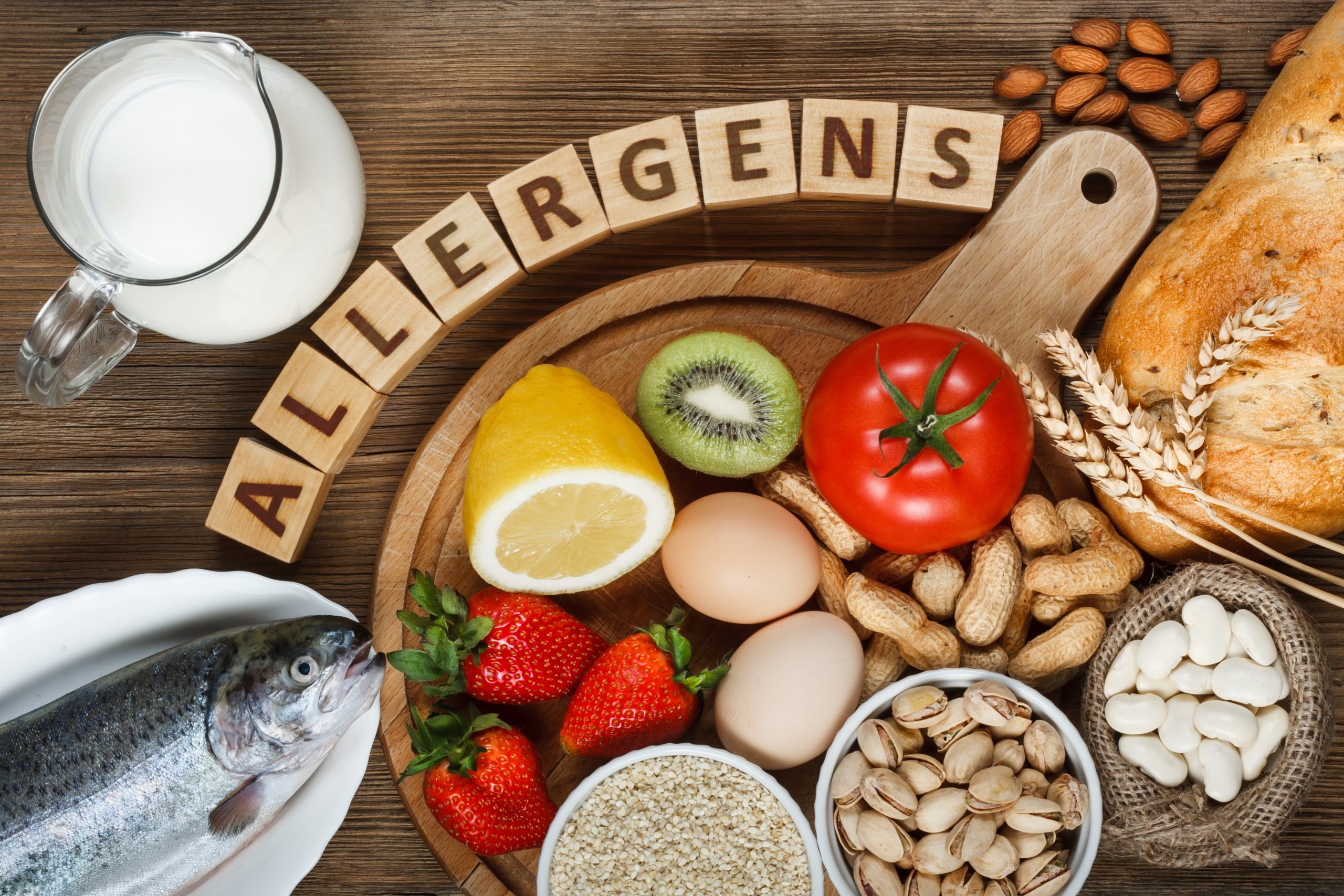

Many people have undiagnosed food allergies. Maybe you’re one of them.
Even though you don’t break out in hives or have any symptoms at all, your immune system could still be silently producing IgE antibodies.
This attack on the body may show up as an autoimmune disease like rheumatoid arthritis, celiac or lupus.
And, if a reaction like sneezing or itchy skin doesn’t alert you that you’re allergic to certain foods, you’ll continue eating them, which can lead to unwelcome behavior and mood changes.
But new research shows that there’s an even greater danger caused by undiagnosed food allergies — one that could harm your heart on par with the effects of smoking…
Discovery of the allergy-heart disease connection
It all started with a tick — but it certainly didn’t end there…
Researchers at the University of Virginia took note of an unusual food allergy that has a known link to heart disease.
Known as “red meat allergy,” it’s transmitted by the bite of the lone star tick, found throughout the United States.
Red meat allergy sensitizes people to alpha-gal, a sugar found in beef and pork. It can result in potentially deadly anaphylaxis just hours after eating affected meat.
It’s also linked to heart disease.
This made the researchers wonder whether other, more common food allergies could also harm the heart.
The biggest culprit
To answer that question, the UVA researchers reviewed data collected from 5,374 participants in the National Health and Examination Survey (NHANES).
The team found that, among these participants, IgE antibodies to at least one food were associated with a significantly higher risk of cardiovascular death.
This was particularly true for people sensitive to milk, but peanut and shrimp sensitization were also significant risk factors for cardiovascular death.
It’s important to note that the strongest link with cardiovascular death was not among people with known allergies to these foods, who avoided them since they caused allergic symptoms…
The strongest link was in people who had the antibodies but continued to consume these foods regularly — because they did not suffer with allergic symptoms.
Mast cells at the heart of the problem
The researchers think that allergic antibodies to food may lead to the activation of mast cells, found in the skin and gut but also in cardiac blood vessels and heart tissue.
Persistent activation of mast cells could drive inflammation and contribute to plaque buildup in blood vessels, causing heart attacks or other heart damage.
But more research is needed. It’s also possible that the opposite is happening — that cardiovascular disease could increase the risk for food sensitization. In other words, heart disease could be increasing the risk for food allergies, rather than the other way around.
“This work raises the possibility that in the future a blood test could help provide personalized information about a heart-healthy diet, though before that could be recommended, we still have a lot of work to do to understand these findings,” says Dr. Jeffrey Wilson, an allergy and immunology expert at UV School of Medicine.
Stay tuned for more on this. But in the meantime, we know that the Mediterranean style of eating will work wonders for the heart.
Sources:
Allergic responses to common foods could significantly increase risk of heart disease, cardiovascular death — Science Daily
IgE to common food allergens is associated with cardiovascular mortality in the National Health and Examination Survey and the Multi-Ethnic Study of Atherosclerosis — Journal of Allergy and Clinical Immunology
What to Know About High Immunoglobulin (IgE) Levels — Verywell Health
People can have food sensitivities without noticeable symptoms – long-term consumption of food allergens may lead to behavior and mood changes — The Conversation
About the National Health and Nutrition Examination Survey — CDC

